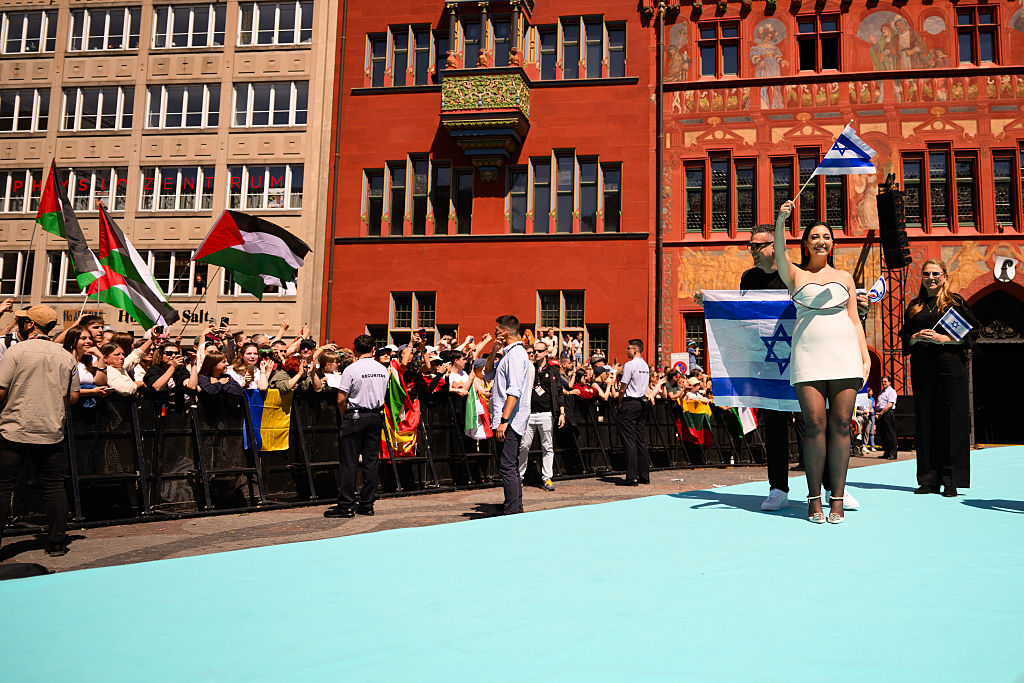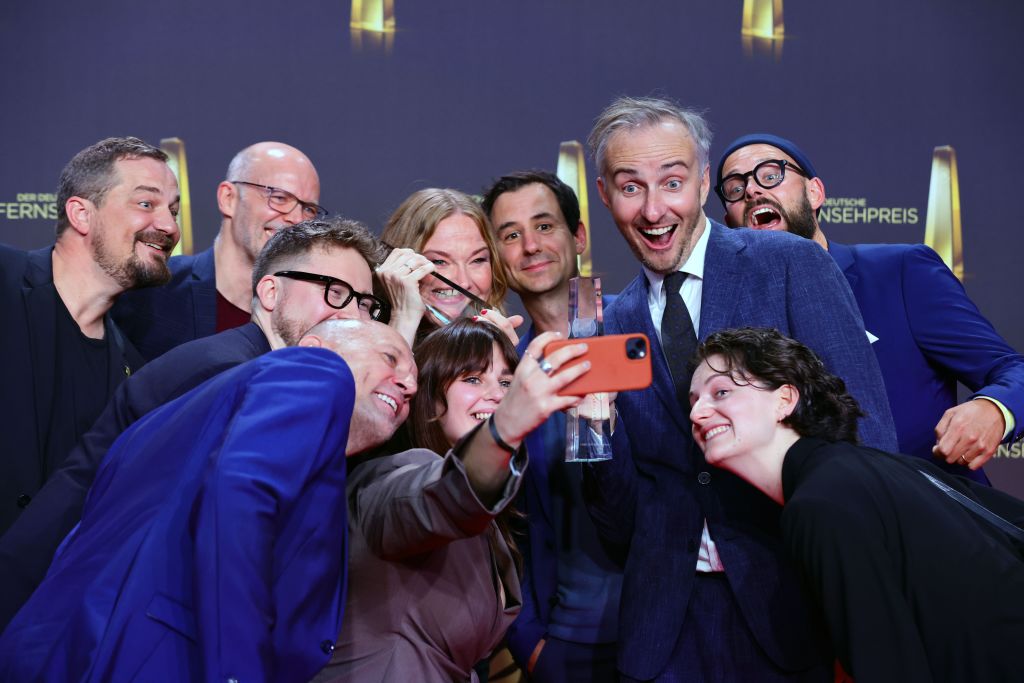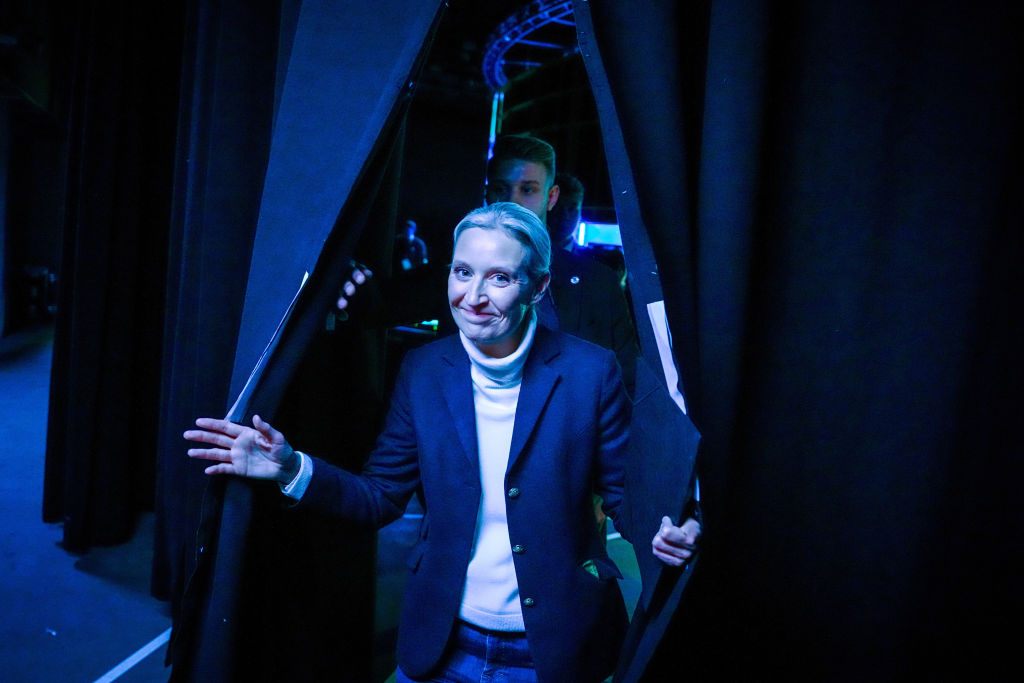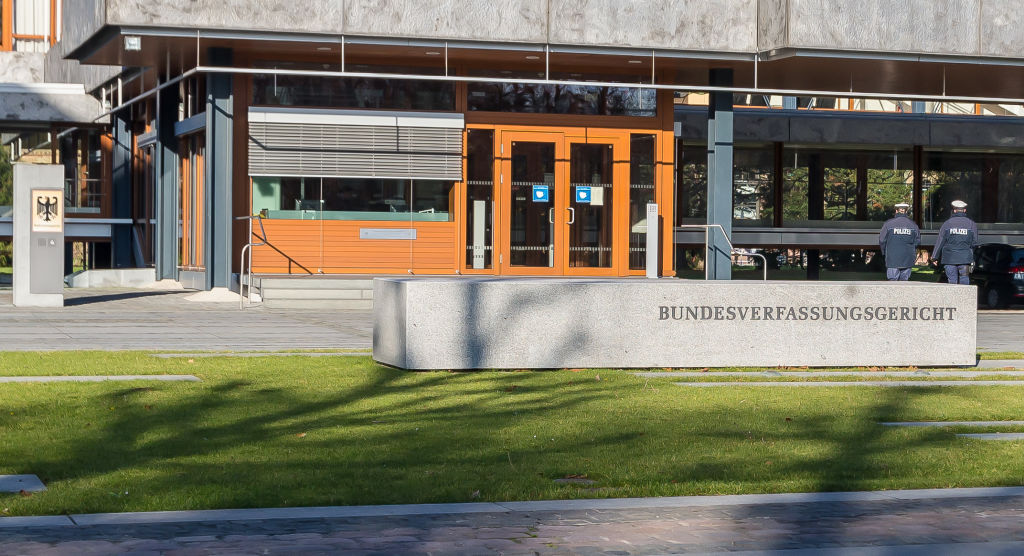The May 17 Eurovision final in Basel, Switzerland will see an extraordinary chorus of mother tongues, with 19 of 26 finalists–73 per cent–ditching English to perform in their native language.
Only five years ago, in 2021’s Eurovision finals, a full 21 out of 26 national acts performed in English.
Including eleven countries disqualified in the May 13 and May 15 semifinals, the 37 participating acts used a total of 20 different languages.
This is the highest number of languages since 1999, according to the European Broadcasting Union (EBU), the alliance of public broadcasters which hosts the contest.
One language news portal called the 2025 Eurovision final “a festival of mother tongues”.
Before 1999, Eurovision contestants were generally required to sing in their country’s national language.
In 1999, the rule was controversially abandoned – leading to fears of a loss of cultural diversity.
Indeed, English subsequently did become the contest’s dominating tongue.
In the 2015 Eurovision Song Contest, for example, only six out of 40 songs were sung without any use of English.
In 2025, only seven singers have chosen English, and it is the native language of two of them.
Austria, Denmark and Norway will take to the stage with purely English-language songs.
The remainder have chosen a mix of English and another language.
The Swedish trio KAJ – the current frontrunners with 42 per cent bookmakers’ odds of winning – will sing in the Vörå dialect spoken by Swedes around the Finnish city of Vaasa, for their entry “Bara Bada Bastu”, translating to “Just Take a Sauna”.
However, the use of a mother tongue does not necessarily increase a contestant’s odds of winning.
For instance, ranked second after KAJ with odds of 21 per cent is Austrian singer JJ, who performs his dramatic ode to heartbreak “Wasted Love” in both German falsetto and English.





